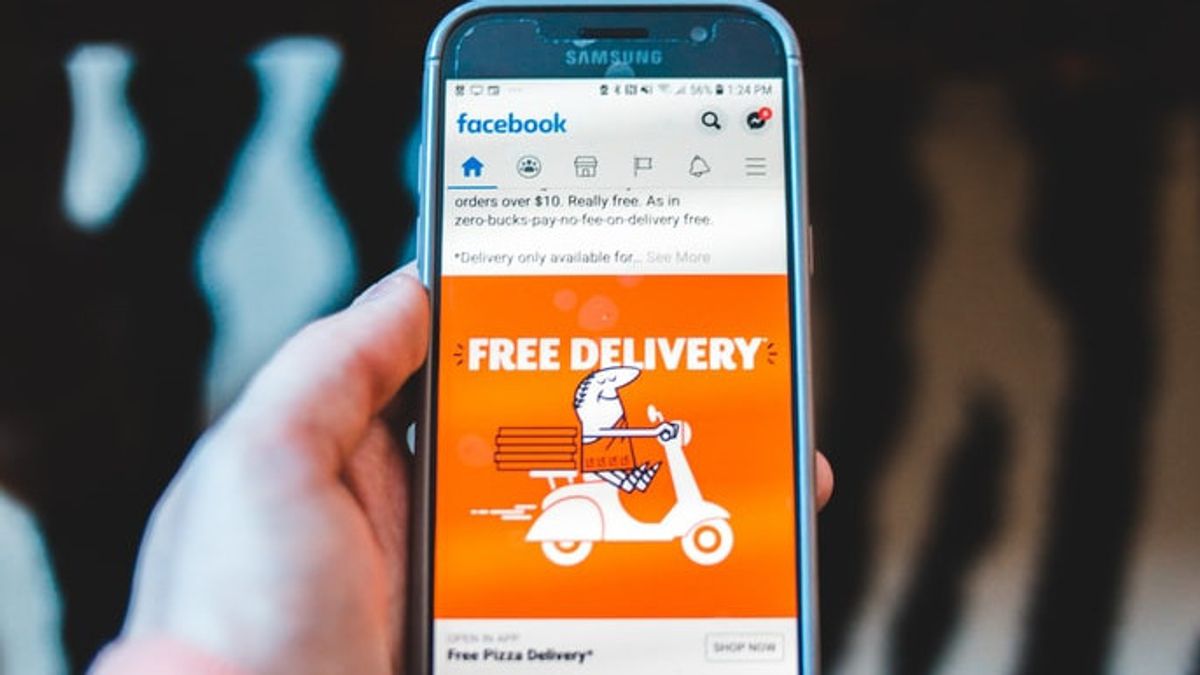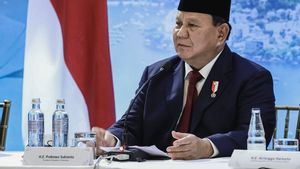JAKARTA - Meta Inc., the parent company of Facebook, said on Tuesday 9 November that it plans to remove detailed ad targeting options that refer to "sensitive" topics, such as ads based on interactions with content around race, health, religious practices, political beliefs, or sexual orientation.
So far Meta Inc. which generates most of its revenue through digital advertising has come under intense scrutiny over its ad targeting capabilities and rules in recent years.
In blog posts, Facebook provides examples of targeting categories that are no longer allowed on its platform, such as "lung cancer awareness," "World Diabetes Day," "LGBT culture," "Jewish holidays" or political beliefs and social issues. This change itself will take effect from January 19, 2022.
The company has been criticized for its microtargeting capabilities, including abuse such as advertisers discriminating against or targeting vulnerable groups. In 2019, he agreed to make changes to his advertising platform as part of solving the housing discrimination issue.
"We've heard concerns from experts that targeting options like these could be used in a way that leads to negative experiences for people in underrepresented groups," said Graham Mudd, vice president of product marketing for the company's advertising, in the post.
Its customized advertising capabilities are used by a wide range of advertisers, including political campaigns and social and business issues groups.
"This decision to remove the Detailed Targeting option was not an easy one and we know this change could have a negative impact on some businesses and organizations," Mudd said in the post. He added that some advertising partners were concerned they would not be able to use this addition to generate positive results. social transformation.
Advertisers on the Facebook platform can still target audiences based on location, use their own subscriber lists, reach specific audiences who have engaged with their content, and send ads to people with similar characteristics to those users.
SEE ALSO:
The move marks a key change to the company's approach to social and political advertising, although it is not expected to have major financial implications. CEO Mark Zuckerberg predicted in 2019, for example, that politicians' ads would make up less than 0.5% of Facebook's 2020 revenue.
The issue of political advertising on social media platforms, including whether politicians' ad content should be fact-checked, sparked much debate among the public, lawmakers, and companies around the US presidential election.
Twitter Inc in 2019 banned political advertising altogether, but Facebook has previously said it would not restrict how political advertisers reach potential voters.
Facebook, which now allows users to choose to see fewer ads related to topics such as politics and alcohol, said Tuesday that early next year it will give people more control over the ads they see, including those about gambling and weight loss ads.
The English, Chinese, Japanese, Arabic, and French versions are automatically generated by the AI. So there may still be inaccuracies in translating, please always see Indonesian as our main language. (system supported by DigitalSiber.id)















